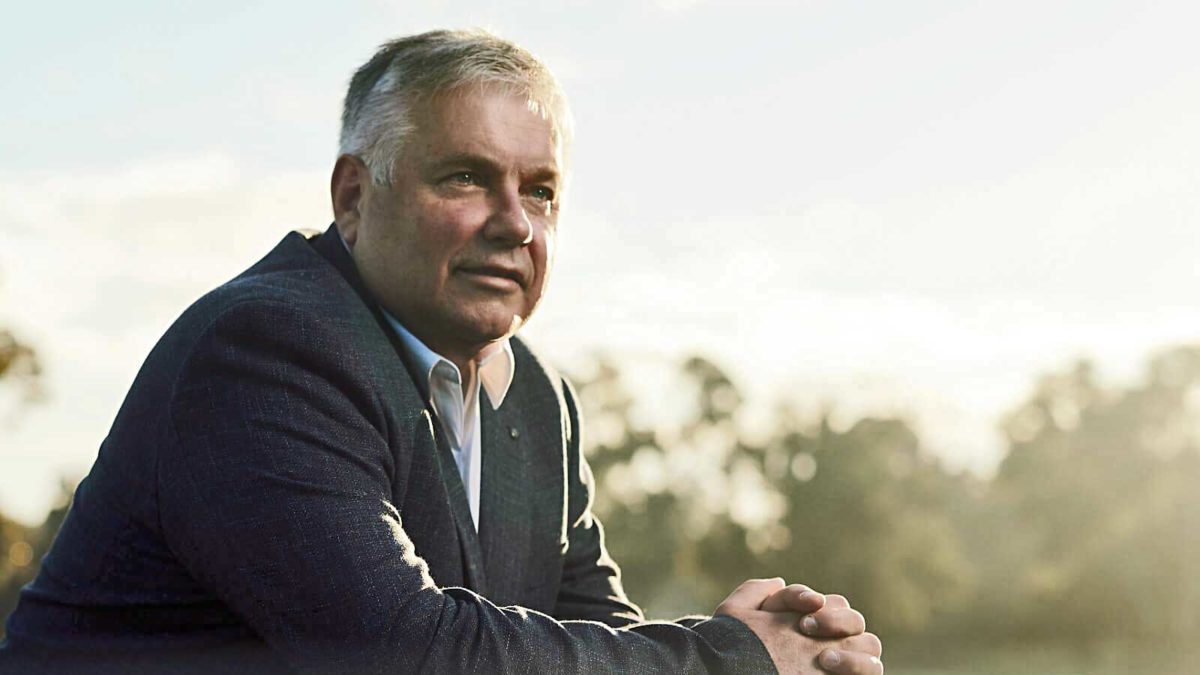New SG battle looms after YFYS gets through
With the passage of Your Future Your Super through the Senate, the Morrison Government won a key victory against the superannuation industry. A bigger fight looms over the scheduled SG increase.
While it wasn’t quite the utter dismemberment faced by the Government’s industrial relations Bill in April 2021, the YFYS reforms were significantly altered by the time they passed the lower House. Gone was the controversial investment veto power, which Stephen Jones, the shadow finance minister, had derided as granting “Hugo Chavez-like” powers to the Treasurer of the day and which was opposed by members of the Coalition Government.
Administration fees, also, were added to the APRA performance test after significant pushback from profit-to-member funds and despite the insistence by senator Jane Hume, the Minister for Superannuation, that they could not be “measured objectively”.

The benchmarks themselves were expanded to include alternative assets like infrastructure and private equity, while member stapling will begin in November rather than on July 1.
Last Thursday (June 17), an 11th hour push by crossbench senator Rex Patrick to delay stapling until 2022 and the onset of the performance test until 2023 was defeated. Hume told the Senate that delaying the reforms by even one year would “have a significantly detrimental impact” on members’ retirement savings.
The Opposition supported Patrick’s amendment, with Labor senator Jenny McAllister telling Hume that she was “stubbornly persisting with a program of legislation that everybody has told her is flawed”.
McAllister said: “The minister is confirming that the war on industry super continues… The minister is confirming that the Government’s endless ideological preference for paying a lot of attention to those funds which the Productivity Commission and commissioner Hayne said performed quite well for members will continue.
“But there will be no attention paid to the for-profit funds where the PC and commissioner Hayne found a lot of problems. That’s the problem with this Bill. It is incredibly partisan and a bill that refuses to engage with the evidence about actual performance in the system.”
The Government won decisive support for the legislation from One Nation senator Pauline Hanson, who proposed an amendment that would allow higher concessional contributions for those aged 67 and above, which Jones called “disgraceful”. The amendment was not included in the legislation when Hume said the government would not support it.

Crossbenchers played a decisive role in alterations to YFYS, with many signalling opposition to the investment veto power prior to its removal from the legislation. Erstwhile Liberal Craig Kelly said that he would support the power only on the basis that a clause was added making Treasurer Josh Frydenberg the only one who could use it.
The passing of YFYS brings to an end an eight-month debate over the new laws, which are expected to significantly alter how super funds operate in Australia. Attention will now turn to figuring out the intricacies of the new best financial interests duty and working with performance benchmarks that many leading industry participants have warned are deeply flawed.
“The Government believes that this is a very reasonable underperformance test and it will sift out those that are good at what they do and those that aren’t good at what they do,” Hume told the Senate. “Those that are delivering to their members and those that aren’t delivering to their members and are hiding behind the skirts of those funds that are performing.”
YFYS will significantly embolden the LNP Government, which – should it win re-election – may now turn its attention to other areas of superannuation. While it suffered an embarrassing defeat on industrial relations reforms, its successful prosecution of a campaign against one of Labor’s other central polices means that it may yet have another run at the superannuation guarantee.
After almost a year of agitating for a cut or delay to the SG increase, from 9.5 per cent to 10 per cent on July 1, on the basis that this would help wages growth, the LNP opted not to push ahead with that change of course in the Federal Budget. But recent conversations with a number of superannuation executives suggest that this is seen more as a ceasefire rather than an armistice.
Treasurer Josh Frydenberg recently flagged the need to introduce more “flexibility” into the superannuation system, saying: “The Government will always be very sceptical of those who, in pursuit of their own self-interest, would seek to restrict the legitimate choices Australians should have about how they choose to save for their own retirement.”
Reigniting the war of words on the SG, ASFA produced research on Friday (June 18), titled ‘The Superannuation Guarantee and Wages’, which supports the SG increase and questions the orthodox view from Treasury and the RBA that an increase would result in lower wage growth.”
The appetite for a cut still exists in many quarters of Canberra, and it’s unlikely that this battle in the LNP’s ongoing war over super is truly over. The SG is scheduled to rise from 10 per cent, by 0.5 per cent a year, until it reaches 12 per cent in 2025.
The early response to the passing of the reforms from the industry were predictable. They included late last week:
– Sally Loane, the chief executive of the FSC, said: “The new performance assessment will work alongside stapling to give Australians confidence that their superannuation is generating ‘best in show’ investment returns throughout their working lives.
“If a consumer is concerned their fund’s returns are substandard the ATO comparison tool will be available as an impartial source of information to help consumers choose a better fund.
“The challenge now for the regulators and Government is to ensure performance assessments use rigorous and comparable data for all products so that comparisons are undertaken on a ‘like-for-like’ basis.”
– Bernie Dean, Industry Super Australia chief executive, said: “After almost universal criticism the government was forced to drop a number of ideological proposals and to improve the performance tests for funds, but sadly it stopped short of protecting workers from losing their savings by being stuck in a dud super fund.
“It’s even more important that Australians engage with their super and find a high-quality fund with low-fees and good returns – given that these laws create a risk that millions could be locked into inferior products.”
– Eva Scheerlinck, AIST chief executive, said: “While an element of serious government overreach has been removed, the changes made in the Senate have done nothing to address that more than $515 billion in super savings will not be part of the performance test or the online comparison tool.
“They do nothing to prevent members from being stapled to funds that have not been tested or have failed the test. This risks millions of hard-working Australians being stuck in underperforming, untested products which will lead to lower balances for them at retirement.”











